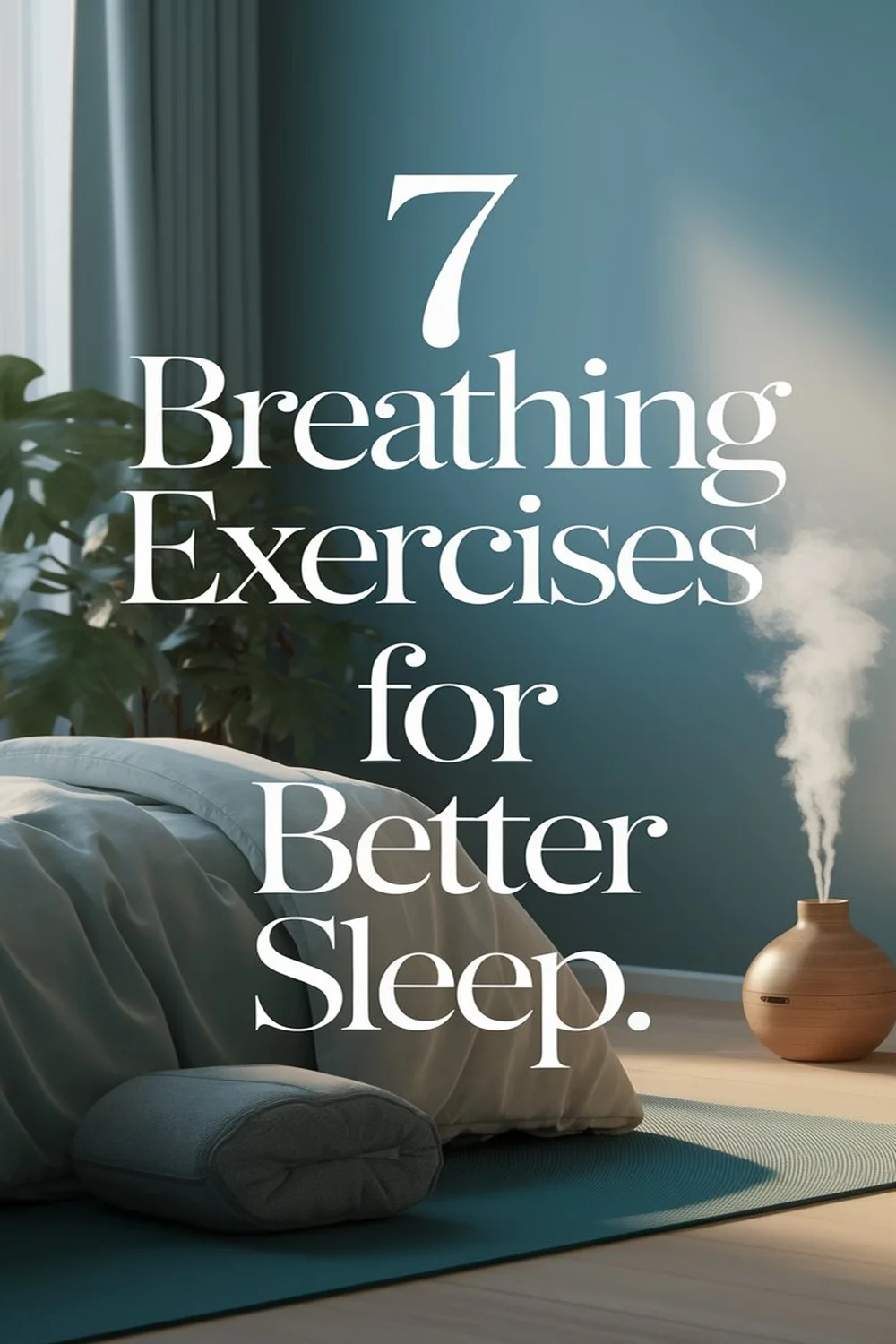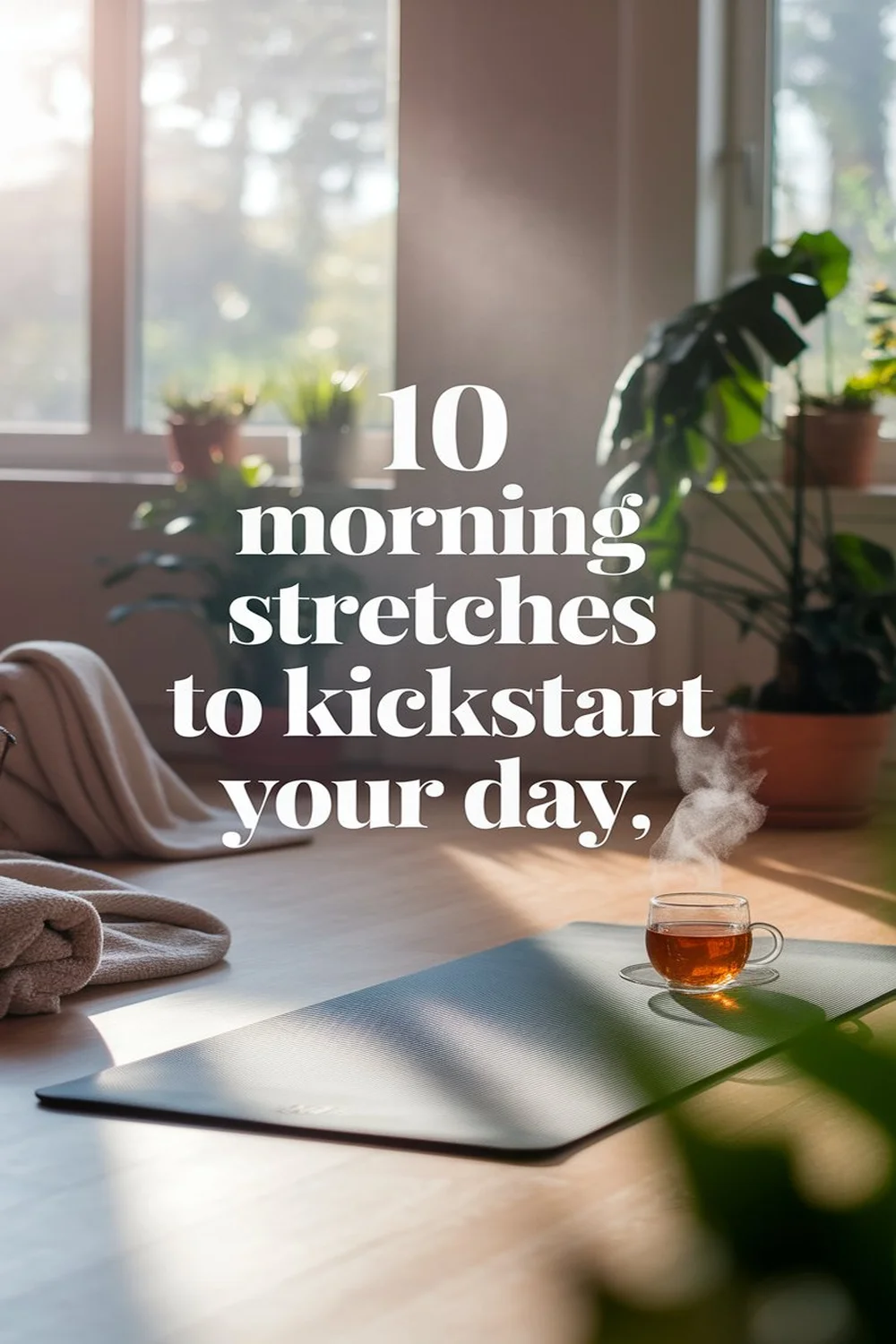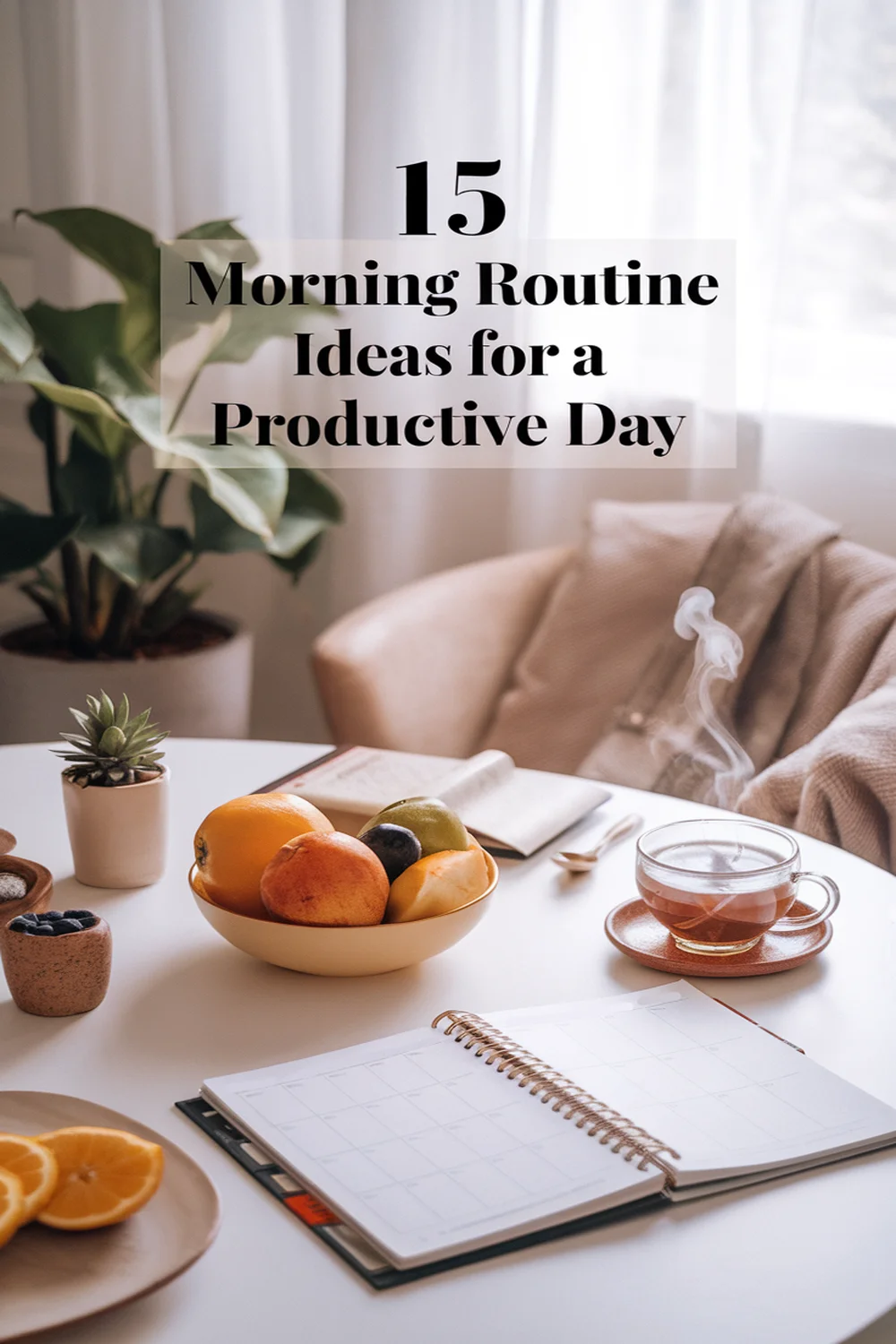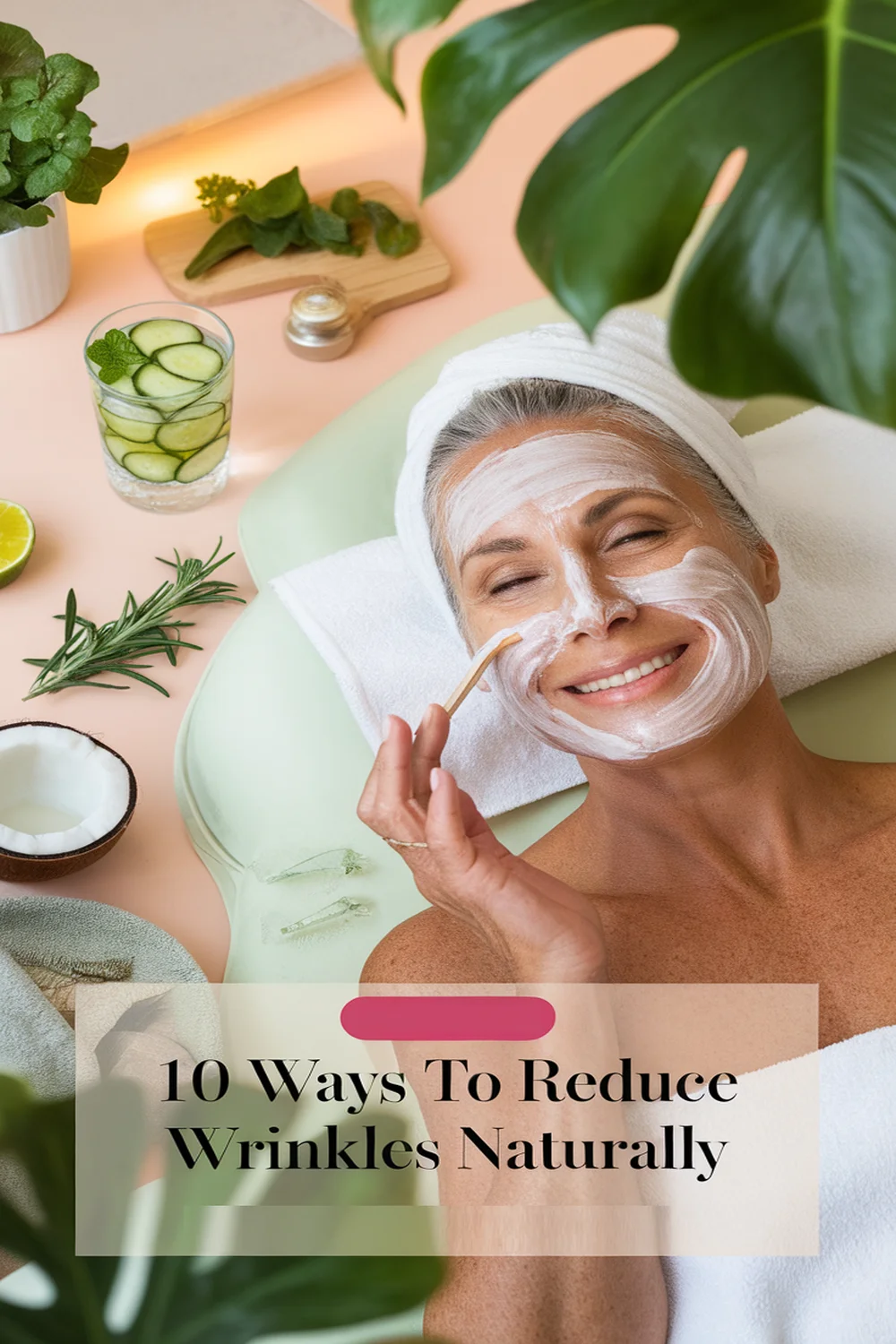To achieve deep, restorative sleep, optimize your sleep environment by controlling temperature and blocking out light. Stick to a consistent sleep schedule, going to bed and waking up at the same time daily. Limit screen time before bedtime to promote melatonin production. Create a relaxing bedtime routine with calming activities, and manage stress through mindfulness and relaxation techniques. If sleep issues persist, consider seeking professional help. Discover more effective strategies to enhance your sleep quality.
Optimize Your Sleep Environment
To get better sleep, it’s essential to enhance your sleep environment. Start by controlling the temperature; most experts recommend keeping your bedroom between 60 and 67 degrees Fahrenheit for the best rest. Dimming the lights an hour before bed signals your body’s natural sleep cycle, aiding relaxation. Investing in blackout curtains can block disruptive light, while earplugs or a white noise machine eliminates distracting sounds. Verify your mattress and pillows support your preferred sleep position. Decluttering your space promotes a sense of calm, making it easier to unwind. Finally, consider removing any screens; blue light from devices can interfere with melatonin production, making it harder to drift off. Create a sleep sanctuary that promotes rest and rejuvenation.
Establish a Consistent Sleep Schedule
When you prioritize a consistent sleep schedule, you help regulate your body’s internal clock, making it easier to fall asleep and wake up refreshed. Aim to go to bed and wake up at the same time every day, even on weekends. This practice reinforces your circadian rhythms, which improves sleep quality. Research shows that irregular sleep patterns can lead to insomnia and fatigue. To get started, set a relaxing bedtime routine by incorporating calming activities before sleep, like reading or meditation. Gradually adjusting your sleep time by 15-30 minutes helps your body adapt smoothly. Consistency is key; over time, you’ll notice that it takes less effort to drift off at night and rise in the morning feeling revitalized.
Limit Screen Time Before Bed
Although you might enjoy winding down with your favorite shows or scrolling through social media, limiting screen time before bed can greatly enhance your sleep quality. Research suggests that the blue light emitted from screens can interfere with melatonin production, making it harder to fall asleep. Aim to unplug at least 30 minutes before bedtime to help your body naturally prepare for rest.
| Negative Effects | Solutions |
|---|---|
| Reduces melatonin | Set a screen curfew |
| Increases alertness | Read a book instead |
| Disrupts sleep cycles | Try relaxation apps |
Create a Relaxing Bedtime Routine
Creating a relaxing bedtime routine can greatly improve your ability to fall asleep and stay asleep through the night. Research shows that consistency signals your body it’s time to wind down. Start by setting a regular bedtime and sticking to it, even on weekends. Incorporate calming activities like reading, gentle stretching, or taking a warm bath. Avoid stimulating activities and screens, as they can interfere with melatonin production. Consider using aromatherapy with scents like lavender, which studies suggest promotes relaxation. Dim the lights an hour before bed to ease your shift into sleep. Finally, try journaling to clear your mind of worries, helping you feel more centered. With these practices, you’ll create a sanctuary for restorative sleep.
Invest in Quality Bedding
Investing in quality bedding is one of the best decisions you can make for enhancing your sleep experience. Research shows that high-quality mattresses can greatly improve sleep quality, reducing disturbances and allowing for deeper rest. Look for materials like memory foam or natural latex, which provide excellent support and comfort. Additionally, opt for breathable sheets made from fabrics like cotton or linen, promoting temperature regulation while you sleep. Pillow choice is vital, too; make sure it aligns with your sleeping position to prevent neck strain. When you invest in quality bedding, you create an inviting sleep environment, making it easier to fall asleep and stay asleep. Prioritizing comfort in your bed setting is fundamental for achieving that restorative, deep rest you need.
Control Room Temperature
To achieve a restful night’s sleep, controlling your room temperature plays a notable role. Research shows that a cooler environment (around 60-67°F or 15-19°C) promotes better sleep quality. Too hot or too cold can disrupt your sleep cycle, leading to restlessness.
Here’s a quick reference that can help you target the ideal temperature:
| Temperature Range | Impact on Sleep |
|---|---|
| Below 60°F | Risk of waking up due to cold |
| 60-67°F | Promotes deeper, uninterrupted sleep |
| Above 67°F | Increased chance of wakefulness |
Experiment with your thermostat, use fans or blankets, and find what works best for you. A comfortable temperature can lead to a notably improved sleep experience.
Recommended Items
Discover our favorite health and wellness essentials to enhance your sleep experience!
Block Out Noise and Light
Many people underestimate the impact of noise and light on sleep quality. To achieve a deeper rest, consider making adjustments to your sleeping environment. Noise and light exposure can disrupt your natural sleep cycles, leading to restless nights. Here are some effective strategies:
- Use blackout curtains to eliminate outside light that might disturb your slumber.
- Wear earplugs or a sleep mask to create a quieter, darker sleeping space.
- Invest in white noise machines or apps that help drown out distracting sounds.
Use Aromatherapy for Relaxation
While you may not realize it, the scents around you can greatly influence your ability to relax and ultimately fall asleep. Aromatherapy utilizes essential oils to create a calming atmosphere. Scents like lavender, chamomile, and bergamot have been scientifically shown to reduce anxiety and improve sleep quality. You can diffuse these oils in your bedroom or apply them to your pillow before bedtime. Inhaling these soothing scents signals your brain to wind down, making it easier to shift into rest. Also, consider incorporating a warm bath with essential oils to enhance relaxation. With just a few drops, you can create a tranquil environment, helping you drift off peacefully and wake up refreshed. So, harness the power of scent for better sleep.
Action Steps for Better Sleep
Incorporate Relaxing Activities
Incorporating relaxing activities into your bedtime routine can substantially enhance your ability to unwind and prepare for sleep. Engaging in soothing practices signals your body that it’s time to rest, reducing stress and promoting deeper sleep. Consider including the following activities:
- Reading a book: Opt for light, enjoyable material that diverts your mind from daily stressors.
- Gentle stretching or yoga: These activities help ease muscle tension and calm your nervous system.
- Listening to calming music or nature sounds: This can create a peaceful atmosphere and help slow your heart rate.
Limit Caffeine and Alcohol Intake
To achieve deeper rest, it is crucial to limit your caffeine and alcohol intake, especially in the hours leading up to bedtime. Both substances interfere with sleep patterns and can leave you feeling unrested. Caffeine, found in coffee and many teas, stimulates the nervous system, keeping you alert and making it harder to fall asleep. Alcohol may initially induce sleep but disrupts the deeper stages of rest.
| Timing | Recommended Actions |
|---|---|
| 4-6 hours before bedtime | Avoid caffeine completely. |
| 2-3 hours before bedtime | Limit alcohol intake. |
| Throughout the day | Opt for herbal teas and water. |
Stay Active and Exercise Regularly
Staying active and exercising regularly plays a key role in improving the quality of your sleep. Engaging in physical activity helps reduce stress and anxiety, leading to more restful nights. Aim for at least 150 minutes of moderate exercise weekly, and you’ll notice the positive impact on your sleep patterns. Here’s how staying active benefits you:
- Increases deep sleep: Exercise can boost the amount of restorative deep sleep you get.
- Regulates sleep cycles: Regular physical activity can help synchronize your body’s internal clock.
- Enhances mood: Increased endorphins from exercising can improve your overall mood and reduce insomnia.
Incorporate activities like walking, jogging, or yoga into your routine, and watch your sleep quality soar!
Keep a Sleep Diary
Keeping track of your sleep patterns can provide valuable insights into your rest quality. By maintaining a sleep diary, you can identify trends and factors impacting your sleep. Record your bedtime, wake time, sleep duration, and how you feel in the morning. Note any disturbances, such as noise or stressors, along with lifestyle habits like caffeine or screen time. This information helps pinpoint what works and what doesn’t for your rest. Research shows that people who track their sleep improve their overall sleep quality. Plus, it gives you a tangible tool to discuss with your healthcare provider if needed. Start today, and you’ll gain a greater understanding of your sleep and how to enhance it effectively.
Try Meditation or Mindfulness
Understanding your sleep patterns can lead you to explore additional strategies for improving your rest, such as meditation or mindfulness practices. Research shows that these techniques can markedly reduce anxiety and promote relaxation, creating an ideal environment for sleep. By incorporating meditation or mindfulness, you can shift your focus away from daily stressors, making it easier to unwind at night.
- Guided meditations can help you focus your thoughts and calm your mind.
- Breathing exercises promote relaxation by regulating your body’s stress response.
- Mindfulness techniques encourage you to stay present, reducing racing thoughts before bed.
Integrating these practices into your nightly routine can enhance your overall sleep quality, allowing for deeper, more restorative rest.
Manage Stress Levels
When stress levels climb, they can significantly disrupt your ability to get a good night’s sleep. To manage stress effectively, prioritize finding healthy outlets. Regular physical activity not only boosts your mood but also reduces anxiety, making it easier to unwind at night. Incorporating breathing exercises into your routine can help calm your mind and body, especially before bedtime. Setting boundaries around work and personal life is essential; consider designating specific times to unplug and relax. Developing a consistent sleep schedule further reinforces your body’s natural rhythms. Finally, consider journaling to process your thoughts and emotions, clearing your mind for rest. By actively managing stress, you’ll pave the way for deeper, more restorative sleep.
Seek Professional Help if Needed
If you find that sleep issues persist despite your best efforts to manage stress, seeking professional help can be an essential step. Consulting a healthcare provider can lead to effective solutions tailored to your needs. They can help identify underlying conditions like anxiety, sleep disorders, or depression that might be affecting your rest.
Consider these benefits of professional assistance:
- Extensive assessments to understand your sleep patterns
- Evidence-based treatments such as cognitive behavioral therapy for insomnia (CBT-I)
- Guidance on medication options if necessary
Don’t hesitate to reach out. Addressing sleep issues with a professional can greatly improve your quality of life, leading to better overall health and well-being.











